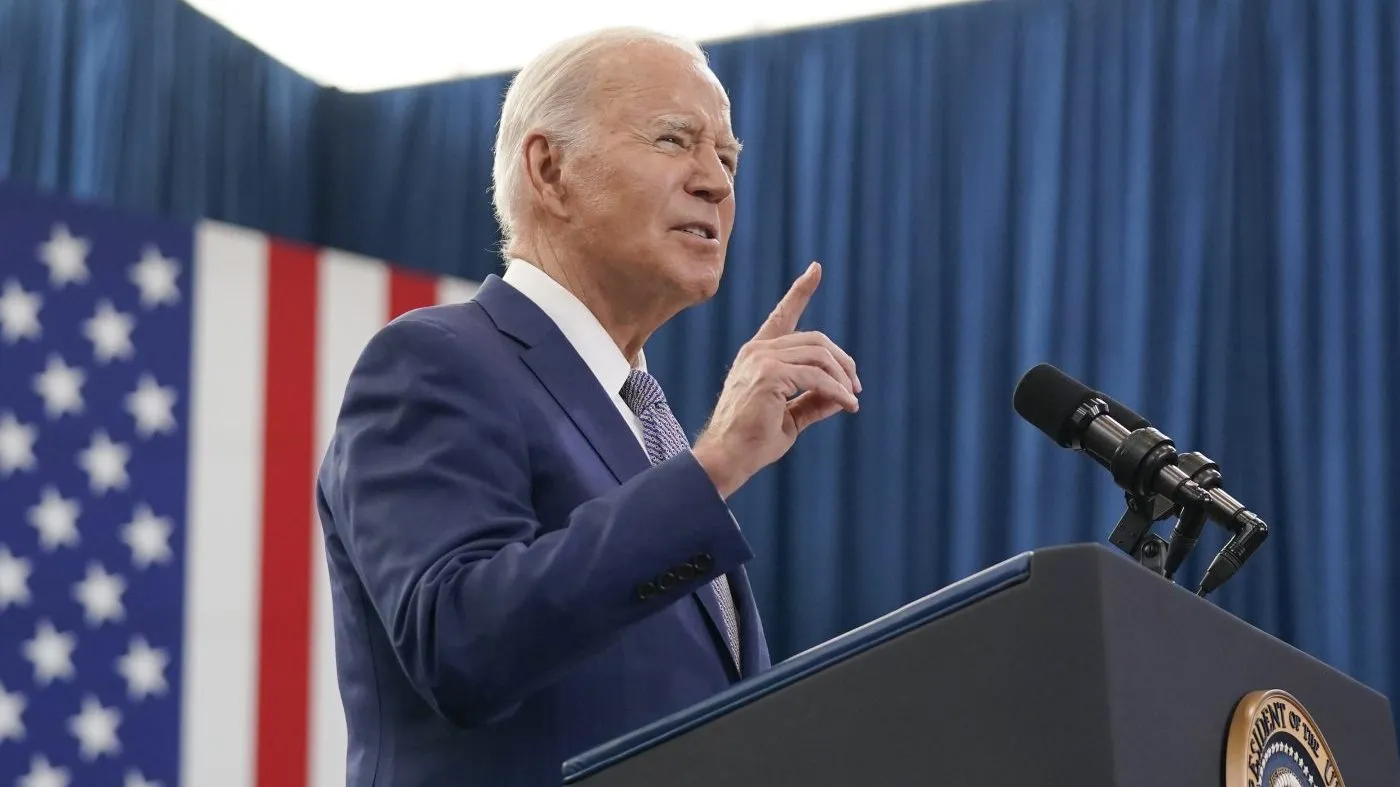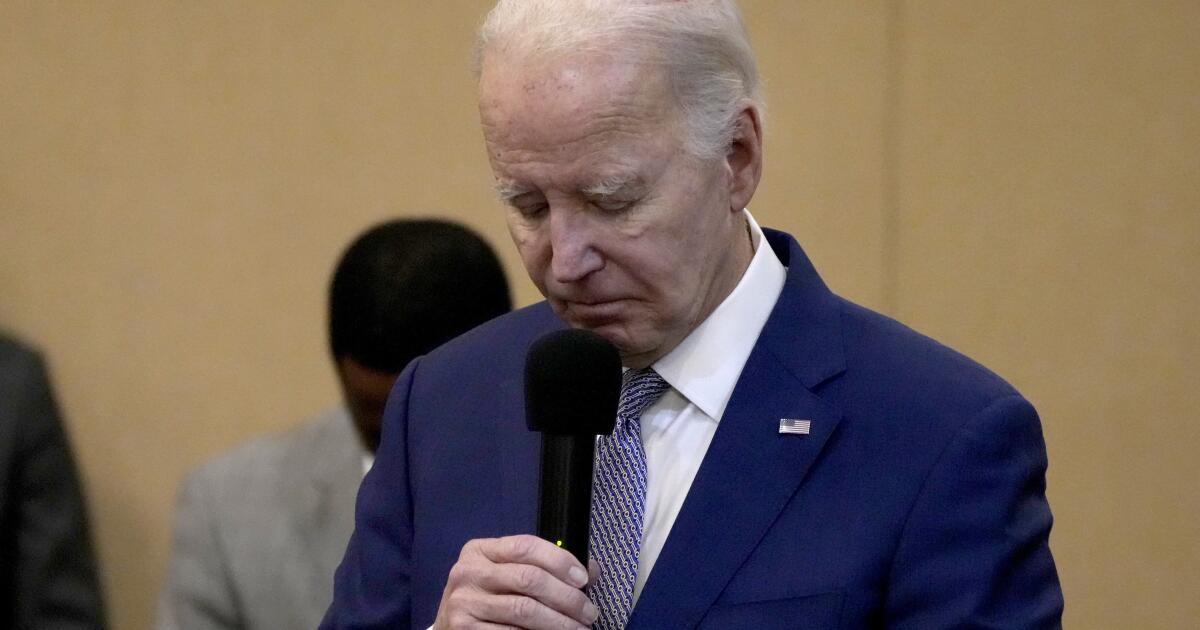A drone strike early on Sunday resulted in the death of three U.S. service members and left dozens more wounded. This incident poses a significant challenge to the Biden administration’s ongoing efforts to prevent the Israel-Hamas conflict from escalating into a broader regional war or a direct confrontation with Iran.
Over the past three months, President Biden has been working to contain hostilities in the region following a surprise attack by Hamas that claimed the lives of at least 1,200 Israelis. Israel responded with a massive invasion of the Gaza Strip, resulting in over 26,000 casualties.
Prior to this incident, U.S. bases in Syria and Iraq had faced around 160 attacks from Iran-backed militias expressing discontent over American support for Israel and Israel’s actions in Gaza.

Jordan Drone Strike Adds Complexity to Biden’s Israel-Hamas Conflict Management (Credits: The Hill)
Despite previous attacks causing injuries to American troops, the Biden administration refrained from strong retaliation, except for airstrikes against Houthi rebels responsible for maritime missile attacks in the Gulf of Aden.
The recent drone strike along the Jordan-Syria border, which killed U.S. service members, may necessitate a reassessment of the administration’s approach. This situation forces President Biden to respond without triggering a wider confrontation with Iran. Complicating matters are reports suggesting that U.S. forces may have mistaken the enemy drone for a friendly one, allowing it to approach unchallenged.
The key issue at hand is determining Iran’s role in the attack. The Islamic Resistance in Iraq, an umbrella term for various Iranian-backed militias, claimed responsibility, citing retaliation for Israeli actions in Gaza. President Biden condemned the attack, attributing it to “radical Iran-backed militant groups.”
The National Security Council spokesman, John F. Kirby, indicated that the attack bore the hallmarks of groups supported by Kataib Hezbollah, a powerful Iraqi paramilitary faction linked to a network of militants supported by Iran.
Despite calls from Republicans for a stronger response, Biden’s administration emphasizes avoiding a war with Iran and seeking stability in the Middle East. Tehran denies involvement in the attack, attributing it to forces attempting to provoke the U.S. into the conflict.
The situation raises concerns about the potential for further violence and escalation, with U.S. officials expressing the dangerous nature of the current regional scenario. The lack of detailed information on the drone attack adds complexity to the situation, with potential implications for U.S. military presence in Iraq and the broader region.























